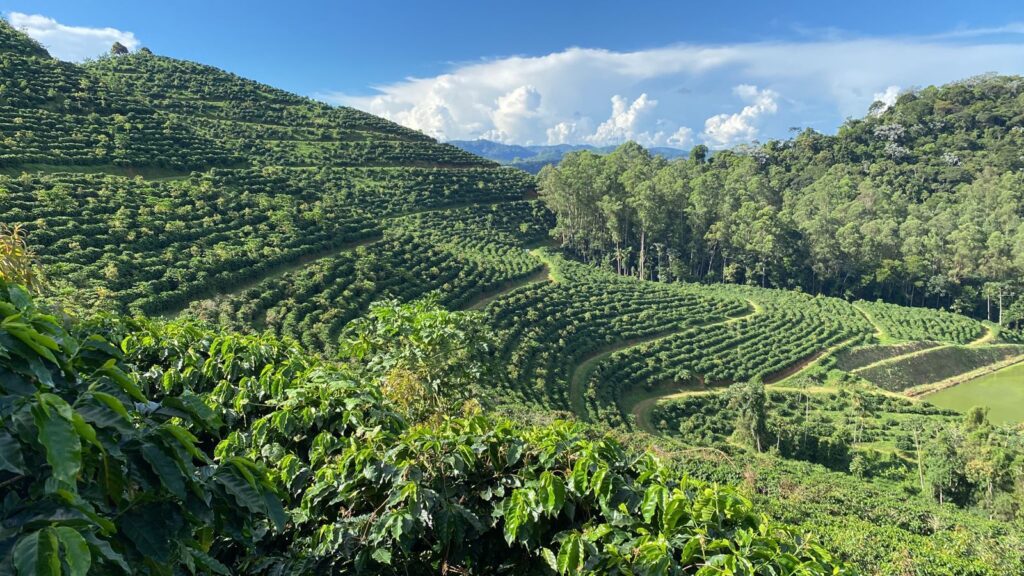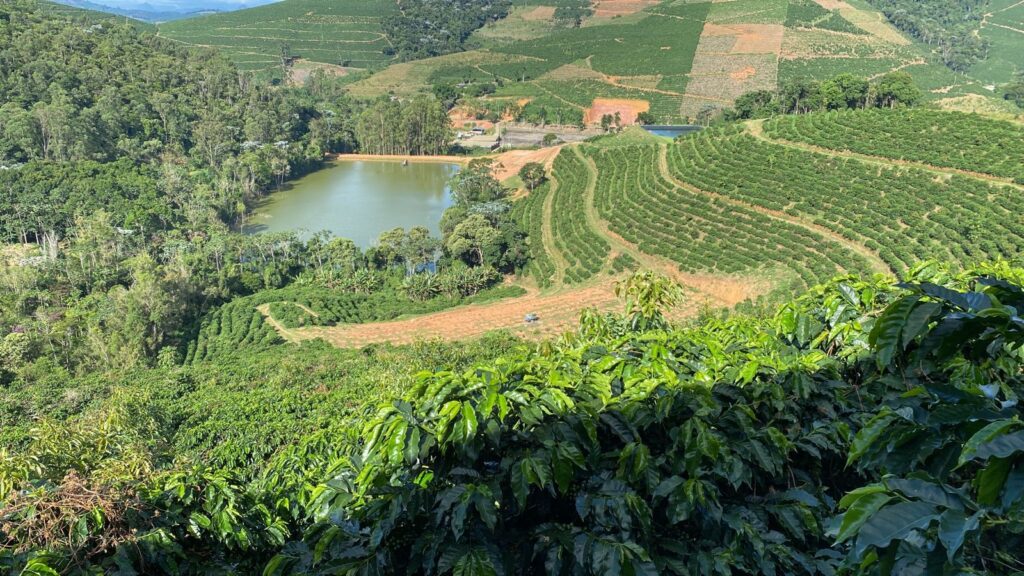-
Aug 20 2024 The Challenges of Sustainable agriculture.
By Karol Klem

The word “sustainable” refers to what is maintained, what endures. When we talk about sustainable agriculture, we are referring to a method of farming that respects the environment, reduces costs, and increases productivity, all while sustaining itself without depleting its surroundings. The land was created to be cultivated, with the principle that it should produce food to sustain life. But what does it mean to produce sustainably? It means producing in a way that minimally impacts the soil, avoiding conventional pesticides and fertilizers that harm the soil in the long term. Everything a crop needs to grow is in the soil, as that has always been its role. We can only help the soil to become richer and more productive, but not deplete it to the point where it becomes infertile and requires artificial means to become productive again.
Today, people seek a healthy lifestyle, consuming high-quality products, and that is what sustainable agriculture produces—truly nutritious food. In theory, this type of agriculture is wonderful and everyone should strive for it, but that’s not always the case. There is still much skepticism about sustainability concerning its production. Most farmers do not believe it is possible to achieve quality and productivity this way. Many experts in agronomy do not recognize this type of production as having potential in Brazil, but from experience, we know this is a mistaken belief.

The first step for sustainable agriculture to work is to believe in it. If you don’t believe in what you are doing, it certainly won’t succeed, because it is possible, but it requires time and study on the subject. If you believe in sustainable agriculture and care about your future and the people around you, it is worth consuming products that are sustainable and contribute to a healthy world. When we produce coffee, we want people to consume a product that benefits them because it benefits the environment. It is a symbiosis between production and the final consumer.
We face challenges and strong demands; one cannot be sustainable in the long term without the necessary knowledge, technical competence, and qualified labor to manage effectively. Given the ever-changing and location-specific nature of agriculture, sustainability requires a diverse and adaptive knowledge base, utilizing formal science, experimental methods, and the local knowledge of farmers. With dedication, we can overcome the challenges of sustainable agriculture and build a better future for future generations.
In a cup of sustainably grown coffee, all of this is present: knowledge, experience, dedication, and effort. Sustainable agriculture has its challenges, but it is both possible and rewarding to produce responsibly, respecting both the environment and those who will consume a high-quality product. From the coffee tree to the cup, this choice is ours. The path to a sustainable world is still long; we are taking the first steps with wisdom and consistency. I suggest that whenever you choose your morning coffee, opt for one that has an unparalleled flavor and aroma, but also respects the environment.
